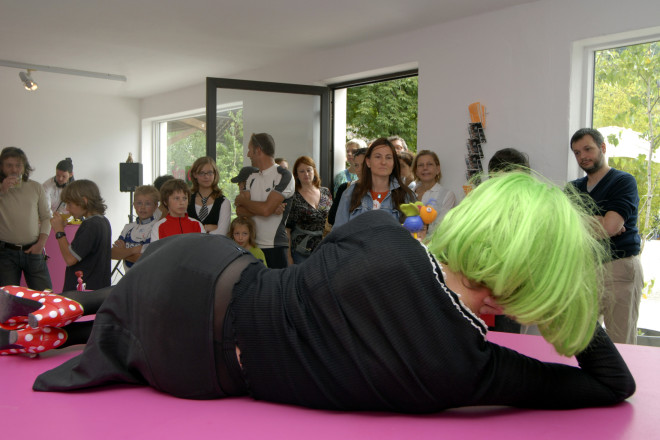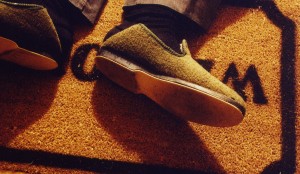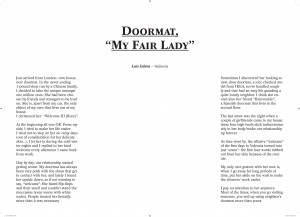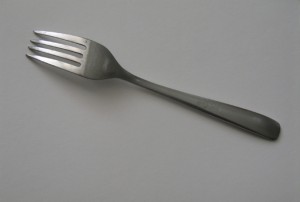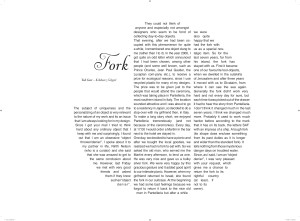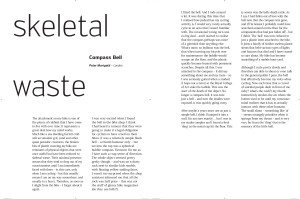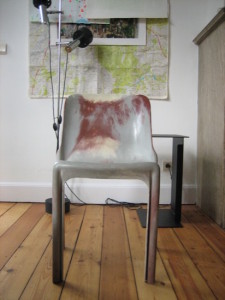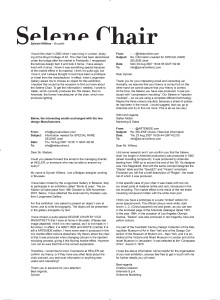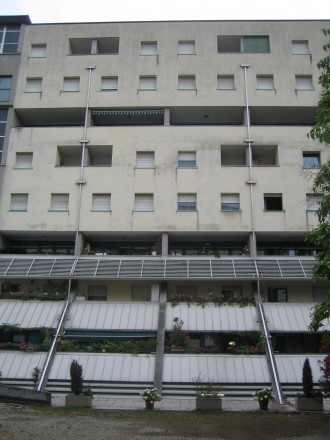Storie di cose
The “Storie di cose” project takes place on two levels: a scientific level that will be accomplished in the conference “Biography of the Objects” (organized by the Faculty of Design and Art of the Free University of Bolzano), and an applied project-related level that will take the form of an exhibition at Lungomare. For the exhibition Lungomare invites designers of different ages, places of origin and cultural affiliation who deal with the production and creation of objects, and asks them to submit an object of their choice, together with a biography of the object itself.
Project in collaboration with:
Faculty of Design and Art of the Free University of Bolzano
Publisher: Bruno Mondadori
Lungomare
Free University of Bolzano – Faculty of Design and Art
The biography of objects – The concept of the exhibition
Our lives are full of objects, and through many of these objects – who’s recurrence and familiarity causes us to take them for granted – we describe our everyday reality. They bring with themselves a new dimension and clarity to our lives. It is not by accident that we tend to call them “everyday objects”. They define and constitute a great part of our lives, and sometimes they contribute to our transformation – without us even noticing. At the same time they change themselves: they wear out, become old and break. They also relocate and renew themselves along with other objects or activities that were not previously present. Sometimes they may even radically change their basic function. The history and transformation of these objects is not limited to what occurs to them after they entered our lives. Their history, the biography of every single object begins long before, at the moment when a given object is created in a factory, a workshop or a laboratory and is marked by the process of generation that preceded its coming into being. It proceeds through the channels of distribution – be it acquired, donated, stolen or loaned – it begins to contribute to the construction and meaning of our everyday occurrences, in part owing to the vicissitudes that such an object will experience. Sooner or later nearly all of these objects leave their everyday use behind themselves.
That doesn’t mean they cease to exist, at least not immediately: they can undergo a rather long agony that leads them to their end, but it may also lead them into a second life – being improved, recycled, reutilised, and sometimes consecrated in Museums or in the family livingroom glass case. Most everyday objects are taken for granted and we don’t even consider that they have their own biography. They’re there until they break, wear out or get old; and quickly they are gotten rid of without regret or nostalgia. Yet certain objects assume an important place in our lives by connecting with our own biographies, so that we develop a greater interest in them, and become more aware of their transformations, of their future and past. In these cases we often say that we know their stories, yet it rarely happens that we report them, or share them with others.
As a follow-up project to the exhibition, the book “Biography of objects/ Stories of things” has been published by Bruno Mondadori (Milan) in 2009. The book has two chapters. The first chapter, “Biography of objects” contains a series of essays by international sociologists and anthropologists. The second chapter, “Stories of things” describes the biographies that have been published for the exhibition.
Design: Lupo & Burtscher
„Biografie di oggetti / Storie di cose“ on issuu.com
Order the book here: info@lungomare.org
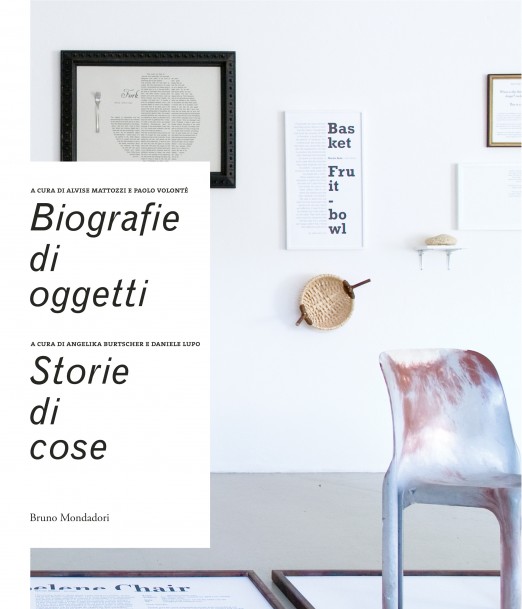
19/10/2007
With: Wieki Somers (designer, NL) and Harvey Molotch (sociologist, USA)
16/07/2009
Biography of object – Stories of things
An evening with designer, objects and the interweaving of their lives
Book presentation
Project curated by Angelika Burtscher, Daniele Lupo, Alvise Mattozzi, Paolo Volonté
With speakers, Martino Gamper, Åbäke, Gilberto Penzo, Joe Velvet and Tankboys
Press release: Storie di cose at Fondazione Buziol (in Italian)
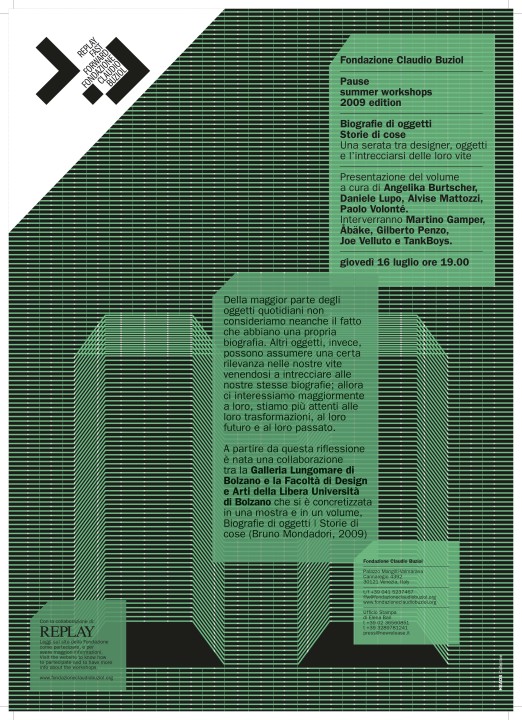
Free University of Bozen-Bolzano, Faculty of Design and Art
Fondazione Cassa di Risparmio
Autonomous Province of Bozen/Bolzano-South Tyrol, Cultures Department
What´s on
EXHIBITION :: Binta Diaw :: Collective Practices – A Living Experience of Feeling ListenedAbout Lungomare
Lungomare, a cultural association founded in Bolzano in 2003, was created from the desire and necessity to open a space in which to share differences, experiences, opinions and desires, a space in which to make the link between cultural production and the political and social dimension. Lungomare undertakes projects that investigate and test possible relationships between design, architecture, urban planning, art and theory, the results of which are presented in different formats: public discussions, conferences, publications, exhibitions and interventions in public spaces. All these formats are characterised by the intention to interact with cultural and socio-political processes relating to the region in which Lungomare is located.
Currently Lungomare’s activities focus on long-term residency projects, a format whereby Lungomare invites guests to engage and interact within the context of South Tyrol. Lungomare’s activities are based on three principles: specific attention to the context in which the association’s projects are undertaken, the transdisciplinary approach that distinguishes these projects, and reflection on the role of Lungomare as a cultural institution in connection with the region in which it operates.
Territory
Lungomare is located at the edge of Bolzano, the capital of South Tyrol, and relates to the context in which it operates, attempting to highlight the dynamics of change. Large urbanized areas alternate with broad areas of intensive cultivation and yet others of picturesque landscape, all of which penetrate the centre of the city. The city is surrounded by mountains and this is one of the reasons why the tourism industry has become a driving force in this locality. The demographic structure of the city has been characterized for a long time by the coexistence of two populations, those speaking German and those speaking Italian. However, the social and demographic composition of Alto Adige Südtirol is changing. Migrants, including those from non-European countries are making their way to the area to settle, whilst others, including political refugees, are flowing through the region.

